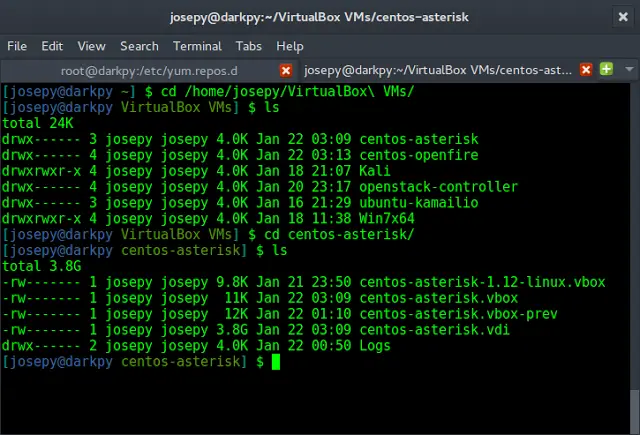The each() function is an inbuilt function in PHP which basically returns an array with four elements, two elements (1 and Value) for the element value, and two elements (0 and Key) for the element key and moves the cursor forward.
Syntax:
each(array)
Parameters:
Array: It specifies the array which is being taken as input and used for each() function.
Return Values:
It returns the current element key and value which are an array with four elements out of which two elements (1 and Value) for the element value, and two elements (0 and Key) for the element key.It returns FALSE if there are no array elements.
PHP Version:
4+
Let’s see PHP program:
Program 1:
<?php // PHP program to demonstrate working of each() // for simple array. // input array contain some elements inside. $a = array("Ram", "Shita", "Geeta"); // each() function return in the array with four elements // Two elements (1 and Value) for the element value which // are Ram, and two elements (0 and Key) for the element // key which are not given here so output is zero. print_r (each($a)); // Next set is printed as cursor is moved print_r (each($a)); ?> |
Array
(
[1] => Ram
[value] => Ram
[0] => 0
[key] => 0
)
Array
(
[1] => Shita
[value] => Shita
[0] => 1
[key] => 1
)
Program 2:
<?php // PHP program to demonstrate working of each() // for associative array. $a = array("101"=>"Ram", "105"=>"Geeta", "104"=>"Geek"); // each() function return in the array with four elements // Two elements (1 and Value) for the element value which // are Ram, and two elements (0 and Key) for the element // key which are Boy. print_r (each($a)); // Next set is printed as cursor is moved print_r (each($a)); ?> |
Array
(
[1] => Ram
[value] => Ram
[0] => 101
[key] => 101
)
Array
(
[1] => Geeta
[value] => Geeta
[0] => 105
[key] => 105
)
Reference:
http://php.net/manual/en/function.each.php




